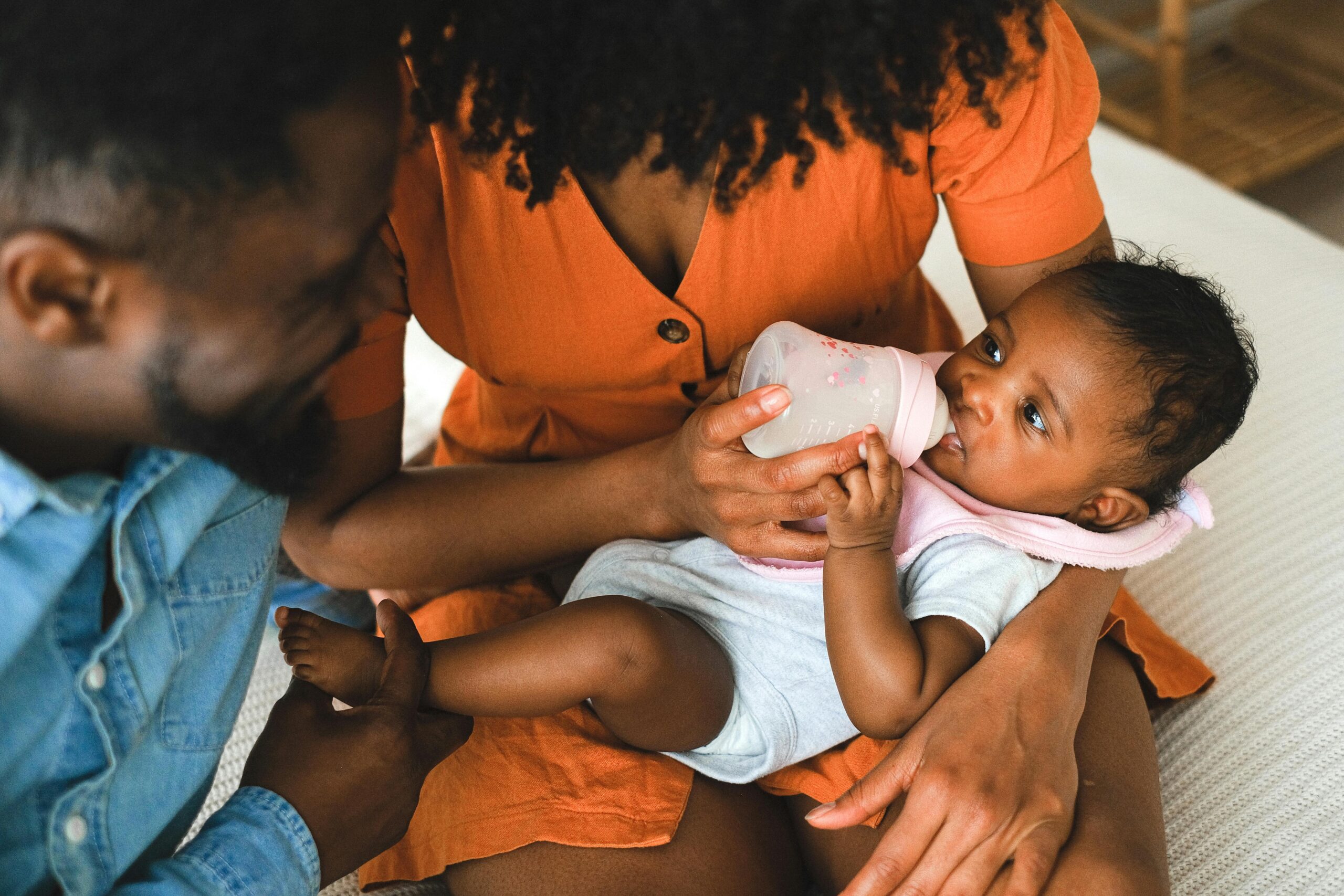By Mvume Ndimba
In honour of World Mental Health Month writer MVUME NDIMBA reflects on the postpartum experience, not from the usual maternal lens, but through the eyes of a father who found himself questioning the silence surrounding one of life’s most transformative periods.
The Dad’s Perspective Matters
Postpartum isn’t just about mothers. Fathers also face confusion, anxiety, and unpreparedness in ways rarely discussed.
I’ve been toying with the idea of writing a post dedicated to the postpartum period, in honour of World Mental Health Day. The worst part of having kids is when they’re developed enough to breathe on their own but too young to interact meaningfully.
I remember when my youngest was born, I complained to my father about the usual chaos: expenses, noise, mess. My old man, not exactly dad of the year, hit me with a line that stuck: “You didn’t share with me while you were enjoying making the baby, why must I be part of the shit part?”
That statement stayed with me. Initially, I wanted to write about dads’ roles, but I soon realised the bigger problem is that society fails to prepare anyone, mom or dad, for what happens after birth. The support system is nearly nonexistent.
The Gaps in Postpartum Knowledge
Most parents feel unprepared. Here’s why.
I searched the internet as if I were an expecting mother. The advice I found was all variations of: “feeling depressed is normal, pain is normal, not really caring about the baby is normal.” Reddit offered more detailed insight than most official sources.
Medical science could provide practical guidance, yet most of it is vague. New moms navigate unfamiliar spaces in fully furnished homes, bumping into furniture, enduring pain and exhaustion, with little practical advice on surviving the first 18 months.
Even insurance and medical aid coverage are confusing. A friend who recently had her second child didn’t know her plan included antenatal and postnatal care or access to a midwife. Specialists exist, but they are few and expensive.
The takeaway is that parents have almost no reliable, practical information. The internet is vast, but overwhelming, often increasing anxiety instead of alleviating it.
What We Should Be Teaching New Parents
Preparation before birth is key.
Nobody checks in on prospective parents before pregnancy. Financial readiness, emotional awareness, and medical coverage are rarely discussed. Couples are suddenly thrust into massive life changes, and the strain can affect relationships and wellbeing.
Here’s what could help:
- Early preparation: Once pregnancy is confirmed, optional preparation work should begin.
- Comprehensive guidance: Cover the pregnancy journey for both first-time moms and dads.
- Practical support: Include financial planning, emotional awareness, medical aid education, and a social worker home study.
Parenting is hard. It is not for the faint-hearted. I am indebted to the mother of my kids forever. Regardless of what happens between us, she remains the most important person in my life after the baby.
Even internationally, countries like Japan are now adjusting hospital protocols, like offering epidurals, because society recognises the pressure on parents. We need similar honesty and preparation everywhere.
Ask questions, lean on support systems carefully, and remember that the baby is the priority. When parents truly understand the reality of postpartum life, discussions about small details like icing on the cake actually make sense.








Leave a Reply